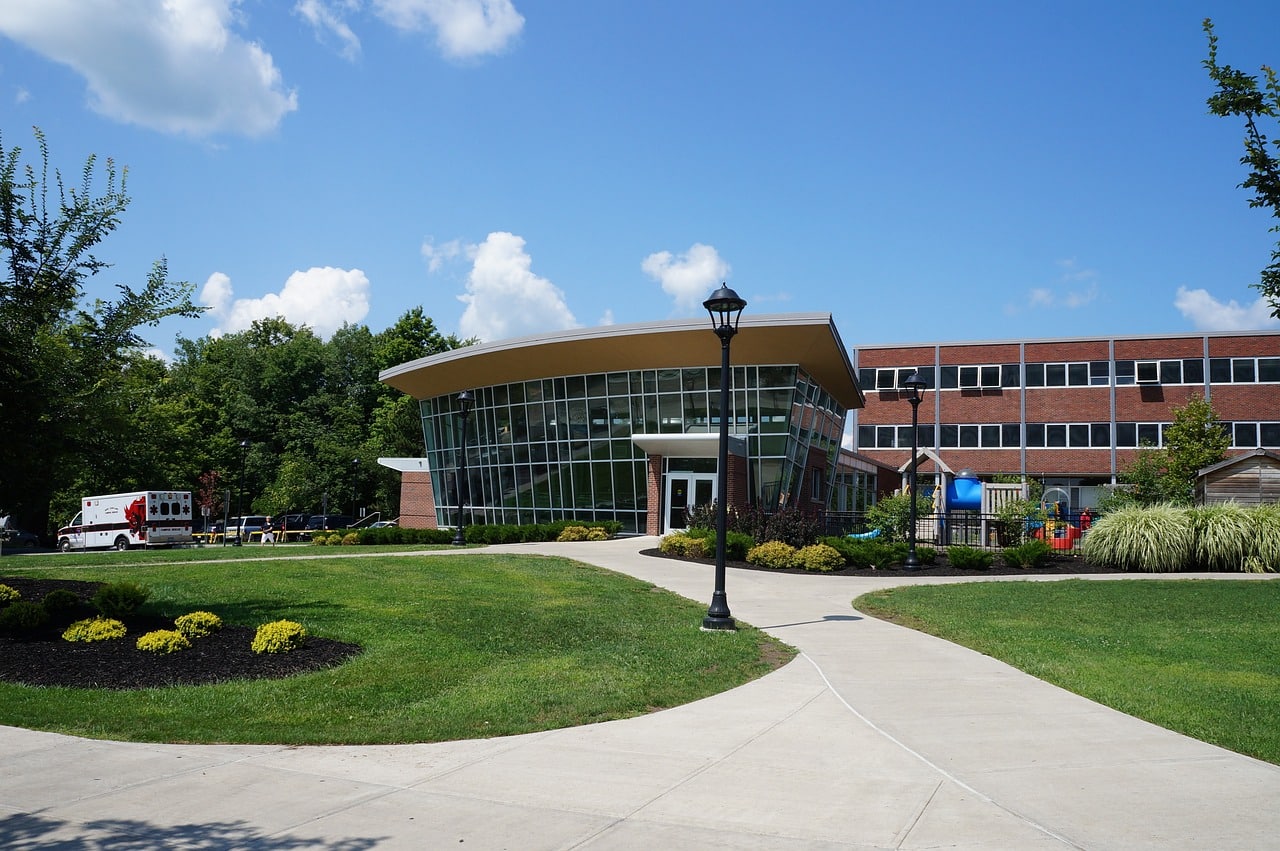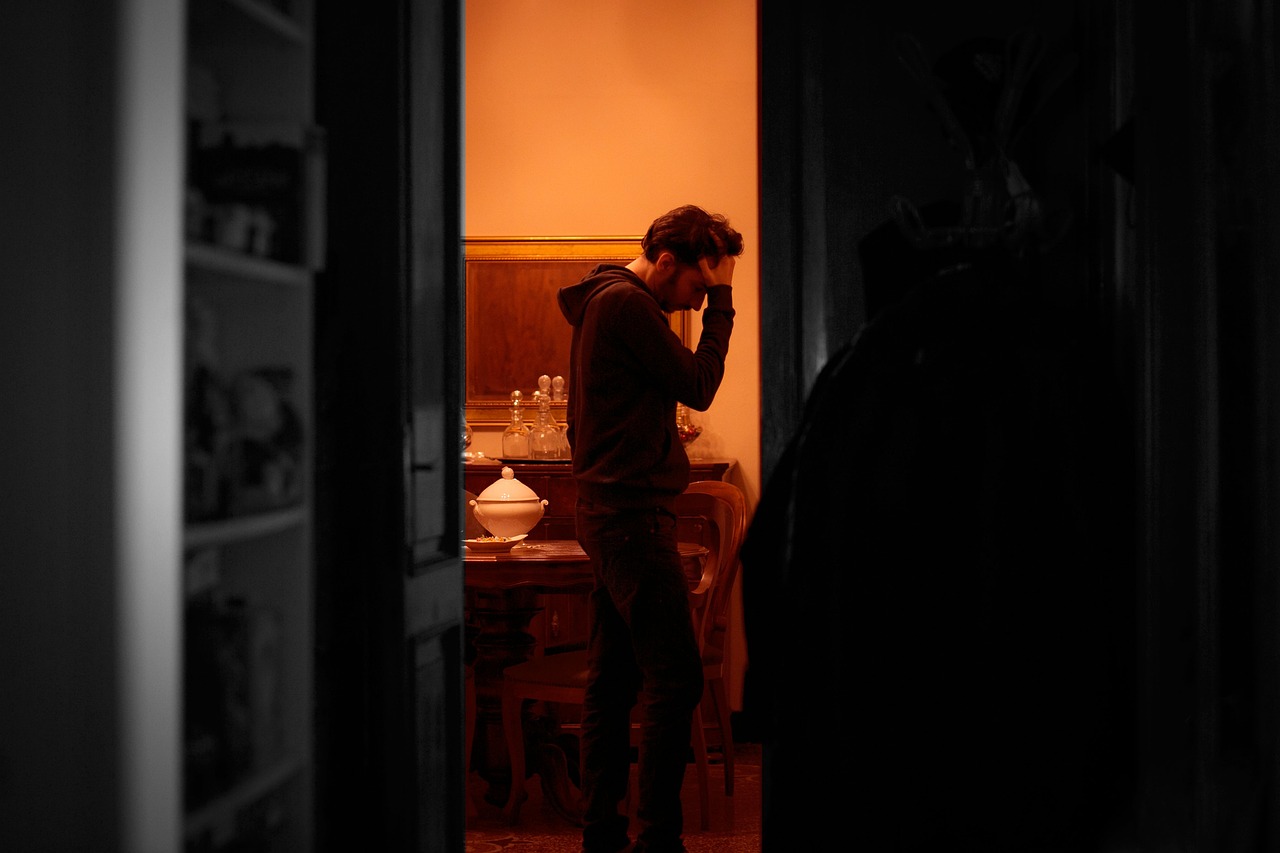Similar to how bacteria hides in plain sight, so can air pollutants. If the air in your home is polluted, it can actually be worse than the air outside. This is especially true when winter comes along. During winter, people trap the warm air by keeping their windows and doors shut. However, they’re also trapping indoor air pollutants.
Continue reading to learn more about indoor air pollutants and how an air purifier can help with allergies.
What are indoor air pollutants?
Before we get discuss air purifiers, it’s important that you know what they’re used for. To start, they do exactly as the name suggests; purifies the air. This means they remove contaminants like dust, dirt, dander and other indoor air pollutants.
If left to linger, indoor air pollutants can cause people to allergic reactions and flare up asthma. In some cases, the air filter in your HVAC unit just doesn’t work as efficiently as it should, which warrants purchasing an air purifier.
Who benefits from air purifiers the most?
At Premier Allergy, we think everyone can benefit from having an air purifier in their home. Even if you don’t suffer from allergies or asthma, it’s important that you keep the air inside your home as clean as possible.
Pollution, even in healthy people, can lead to both upper and lower respiratory issues.
Below is an abbreviated list of potential health problems that may occur when you’re exposed to poor indoor air quality:
- Asthma
- Chronic lung issues
- Viral infections
- Headaches
- Dizziness
- Tiredness
- Irritation of the eyes, nose, and throat
What causes indoor air pollution?
We’ve already reviewed the possible causes of air pollution, but where do the pollutants come from? Polluted air can occur from almost anything ranging from cigarettes to everyday activities. This includes lighting your candles, cooking food and even cleaning your house. If you own a wood-burning fireplace, did you know that it can release things like carbon monoxide and nitrogen oxides? These dangerous chemicals are completely invisible, so you’ll need to test your house to see if it’s in the air.
If you’re one of those people who like to burn candles, be mindful of what candle it is. For example, paraffin-wax candles emit cancer-inducing toxins such as soot and benzene. Even air freshener products like Febreze can release air contaminants. Remember how we mentioned cigarettes? They’re considered to be the worst of the worst. Why? Well, tobacco smoke itself releases about 70 carcinogens. A carcinogen is a type of substance or radiation that can cause carcinogenesis, which is a form of cancer. Some carcinogens include formaldehyde, benzene and even arsenic.
How do air purifiers help?
Air purifiers help clear the air by trapping pollutants and allergens in a high-quality HEPA air filter. HEPA air filters have proven to trap about 99.97 percent of particles and pollutants. This includes most of the dust, dander, dirt, mold, and pollen.
Of course, air purifiers can only do so much. For instance, a traditional air purifier only clears the air that goes through it and the air filters aren’t able to catch fumes and cigarette smoke. If you want to get rid of bad odors, you’ll need to get a carbon filter for your air purifier.
If you think you’re suffering allergies and would like definitive testing, contact Premier Allergy today.



